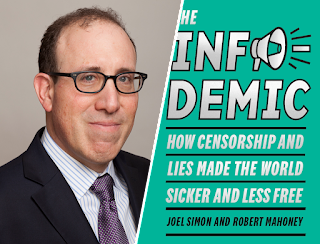Back in 2002 in the wake of the George W. Bush election political demographer Ruy Teixeira, along with journalist John Judas, wrote The Emerging Democratic Majority. It spoke of the changing demographics of America. It looked at ethic diversity and how it was destined to forever shape Democratic success in the 21st century. This has not worked out so well for a multitude of reasons.
It turns out that the feature, not the bug, was the way our constitution was written. Rural voters matter.
Books like Hillbilly Elegy, What’s The Matter with Kansas and Kevin Phillips’ Emerging Republican Majority, painted a different picture than Teixeira and Judas. One where rural votes would succumb to the seduction of populism, culture wars and the power of the evangelical right. Enter Donald Trump and his collection of populist crazies.
But is this a permanent condition? Is this the real 21st century political future? Main State Senator Chloe Maxmin and her campaign manager Canyon Woodward think there is another way forward for the Democratic Party. They detail it in their book Dirt Road Revival.
My conversation with Sen. Chloe Maxmin and Canyon Woodward:



